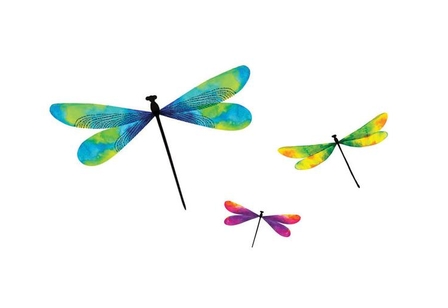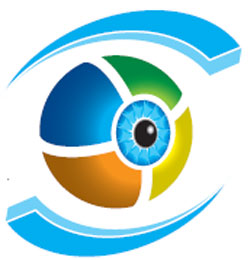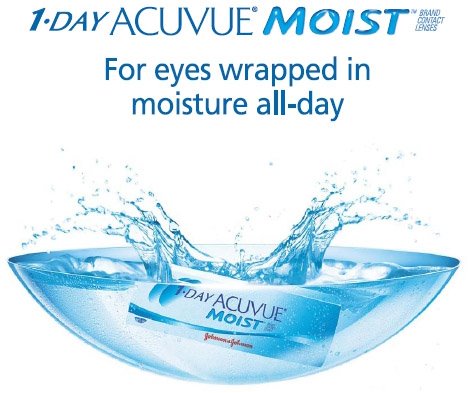Contact lenses (CL) are a fantastic invention for people who need vision correction, but they are sometimes unsuitable for particular individuals. Some complaints often made regarding CL wear are dry eyes and general discomfort; eye care professionals (ECPs) try different ways of eliminating the discomfort but there is one condition few of them consider: meibomian gland dysfunction (MGD). This condition should be given more attention by ECPs, according to optometry specialist Kelly Nichols. Nichols, currently serving as director of the… Read More ➝
One of the greatest advancements in the contact lens field was the arrival of silicone hydrogel lenses. They made it possible to significantly improve oxygen supply to the cornea, thus addressing a number of problems associated with hypoxia (low oxygen supply). While the perfect contact lens does not yet exist, experts generally agree that daily silicone hydrogel lenses come closest to that vision. This belief has been given further weight by a US study looking at the risk and likelihood… Read More ➝
The claim that contact lenses can save lives may seem overdramatic at first, but when you consider the number of lives lost as a result of road traffic accidents caused by drivers with poor vision it becomes highly relevant. The need for regular eye exams and appropriate vision-correction solutions has been highlighted by the findings of a recent UK study among more than 1,500 drivers, Optometry Today reports. The survey was conducted by optician support network Sight Care, a long-time… Read More ➝
Just like any other organ in your body, your eyes are affected by age. You cannot prevent the aging process and gradual deterioration of your sight, but you can certainly slow it down. If you have one of the bad habits listed below, it is recommended you stop as soon as possible, as they will only accelerate the aging process, according to AllAboutVision. One of the greatest dangers to the eyes are UV and HEV (high-energy visible) rays. If you… Read More ➝
The modern world is dominated by technology and much of our day is taken up with the use of various electronic devices. Many of us also have to spend long hours in front of a computer screen as part of our job, which puts extra strain on our eyes. There are a number of things you can do to help minimise the risk of eye problems, as listed by eye-care website All About Vision. The first thing to do is… Read More ➝
Clear vision is not the only thing that matters to contact lens wearers, as they are also concerned with comfort and safety. Research in recent years has paid great attention to the discomfort felt by contact lens wearers, and particular focus has been paid to ways of minimising it. According to a series of studies conducted by Australia’s Brien Holden Vision Institute, one way of ensuring the greatest possible comfort for lens wearers is to determine the best combination of… Read More ➝
A subconjunctival haemorrhage can sound like a scary condition, and chances are you will panic if you have one. In layman’s terms, a subconjunctival haemorrhage is a broken blood vessel in your eye, but there is usually no cause to worry. In rare cases, it may require treatment, but the problem usually disappears by itself within one to three weeks without causing any pain. A blood vessel in the eye may break for a variety of reasons and there are… Read More ➝
Maintaining healthy vision in middle and old age is a process that requires a diet rich in antioxidants, among other things. Cataracts, for example, are among the most common vision problems associated with ageing. According to a study by Swedish researchers from the Karolinska Institute, older women can reduce this risk by ensuring that colourful fruits and vegetables are a prominent part of their diets, thus increasing their intake of antioxidants, All About Vision reports. The study took around seven… Read More ➝




